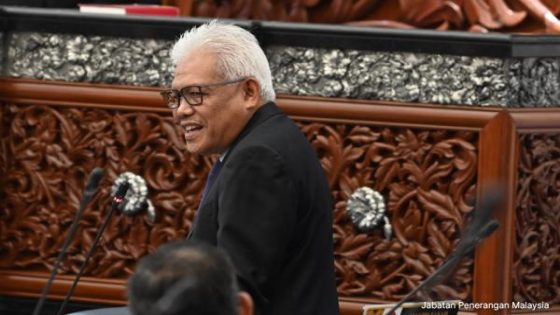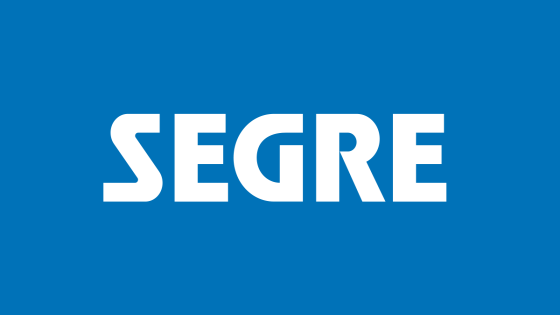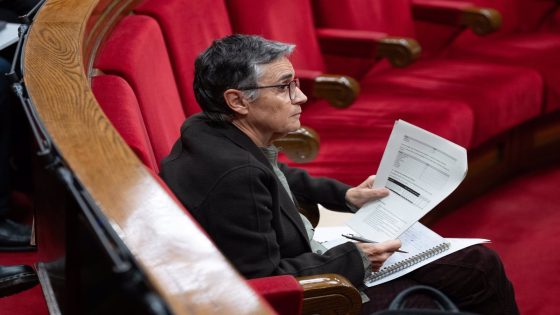The Malaysian government is facing scrutiny over the hefty RM16 billion lease for 28 helicopters, raising questions about financial transparency. On February 4, 2025, opposition leader Hamzah Zainudin demanded explanations for this exorbitant cost, especially when compared to other countries’ purchases of similar aircraft.
- Government urged to explain helicopter leasing costs
- Opposition leader questions high rental expenses
- Comparison made with Poland's helicopter purchase
- Concerns raised over potential leasing scandal
- Calls for investigation by Public Accounts Committee
- Current administration criticized for procurement decisions
Why is Malaysia Leasing Helicopters at Such a High Cost?
Is it wise for Malaysia to lease helicopters at RM16 billion? This staggering amount has raised eyebrows, especially when similar helicopters were purchased at a fraction of the cost by other nations. The opposition is urging the government to reconsider its approach to military procurement.
Comparative Costs: Malaysia vs. Other Countries
When looking at global military spending, Malaysia’s helicopter leasing costs stand out. Countries like Poland and the Philippines have managed to acquire similar helicopters for significantly lower prices. Why is Malaysia’s cost so high? Here are some key comparisons:
- Poland purchased 32 AW139 helicopters for around RM8.9 billion.
- The Philippines acquired 32 S70 Black Hawk helicopters for only RM2.5 billion.
- Malaysia’s leasing cost is nearly four times higher than outright purchases.
- Concerns about potential profit motives behind the leasing agreement are surfacing.
Potential Scandals in Military Procurement
Could this helicopter leasing deal lead to another scandal like the infamous LCS (Littoral Combat Ship) case? Opposition leaders fear that the government may be repeating past mistakes by opting for leasing instead of purchasing. They argue that direct purchases would save taxpayer money and ensure better asset management.
Current Military Capabilities and Future Considerations
The Royal Malaysian Air Force currently operates 12 EC725 helicopters, which are known for their durability and advanced combat specifications. Using the same type of helicopter could streamline maintenance costs and improve operational efficiency. Shouldn’t the government prioritize existing capabilities before entering costly leases?
Calls for Transparency and Investigations
Hamzah Zainudin has called for the Public Accounts Committee (PAC) to investigate this helicopter leasing deal. Transparency is crucial for maintaining public trust in government spending. Will the government heed these calls for accountability?
In conclusion, as Malaysia navigates its military procurement strategies, the implications of this helicopter leasing deal may resonate beyond its borders, affecting international defense relationships and domestic trust in government spending.

































